Nigeria is the most populous country in Africa with over 213 million people, accounting for half of West Africa’s population. With the largest oil and natural gas reserves on the continent, Nigeria has traditionally been the biggest oil exporter in Africa. Oil accounts for about 90 per cent of exports and close to 75 per cent of consolidated budgetary revenues. Despite these large reserves of human and natural resources, the country suffers from enormous corruption, poverty, inequalities and violence.
Over a third of the Nigerian people obtain a living from agricultural production. Most of them are small-scale subsistence farmers producing only a little surplus for sale. They derive additional income from one or more cash crops and selling local crafts. Despite this on farming, consecutive governments have increasingly introduced structural reforms and globalization measures that devalue agricultural production. As a result, Nigeria has to import even basic commodities such as rice and cassava for domestic consumption.
Due to colonial models of governance, political elitism and anti-democratic practices (such as intimidation and politically motivated killings), a small subset of Nigerians appropriates oil revenues while the vast majority of the population lives in poverty or extreme poverty.
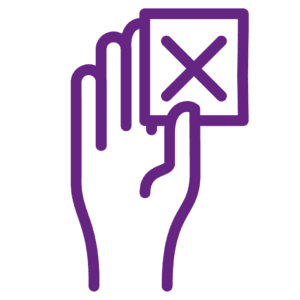

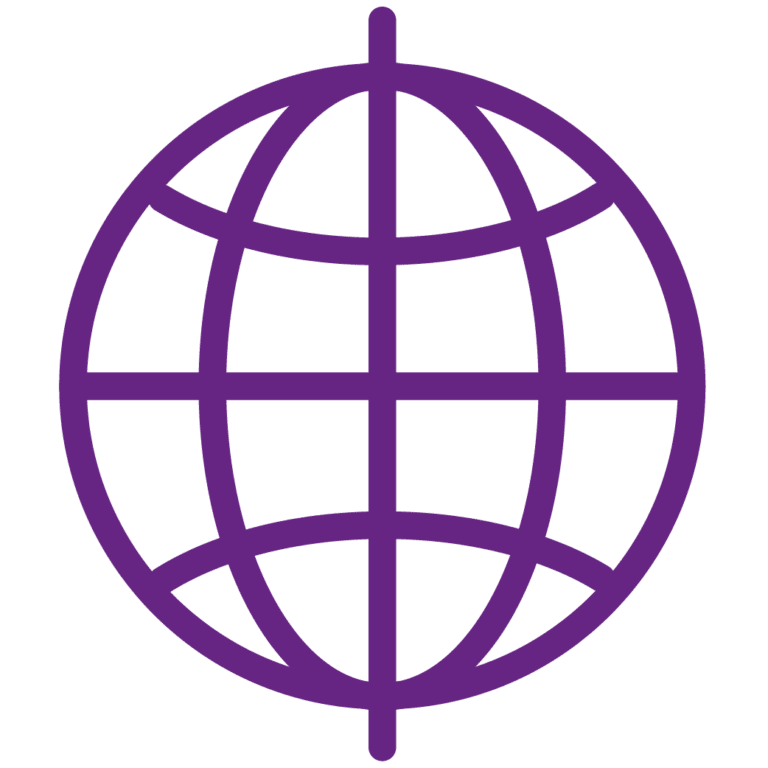



Grassroots movements are important players in addressing the structural problems that the Nigerian population faces. In agreement with our partners and grassroots allies, Development and Peace ― Caritas Canada supports the struggles of civil society organizations to advance towards a real, equitable and just democracy.
Development and Peace ― Caritas Canada has defined its work as strictly grassroots and bottom-up. Therefore, our main activities reinforce social movements that work on:
Our activities include capacity-building, participatory planning, exchanges among grassroots movements, and regional and international advocacy.
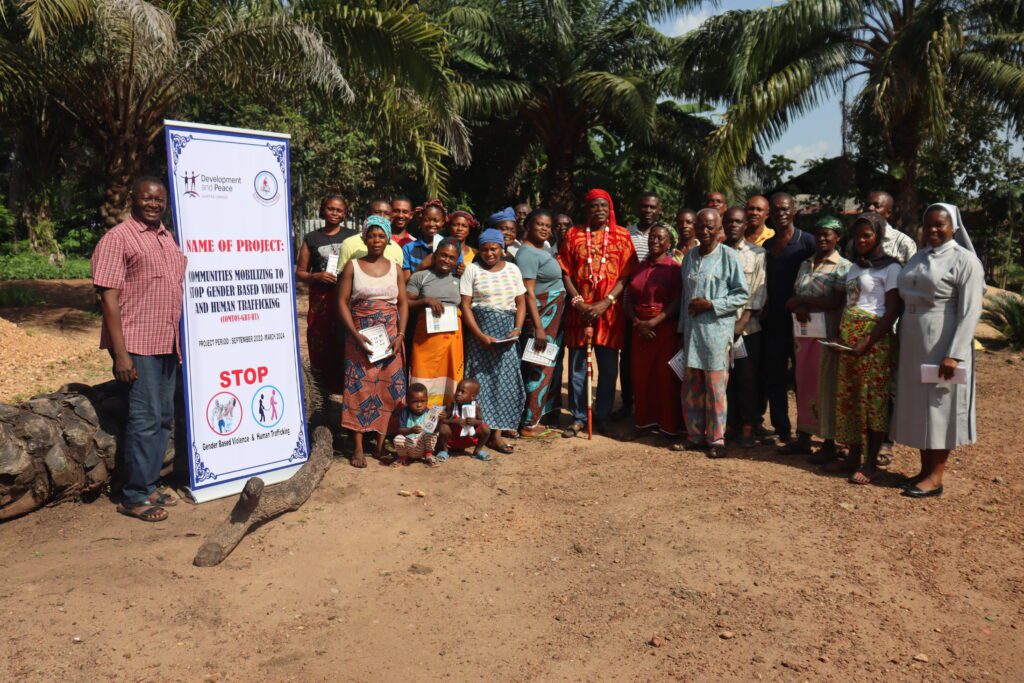

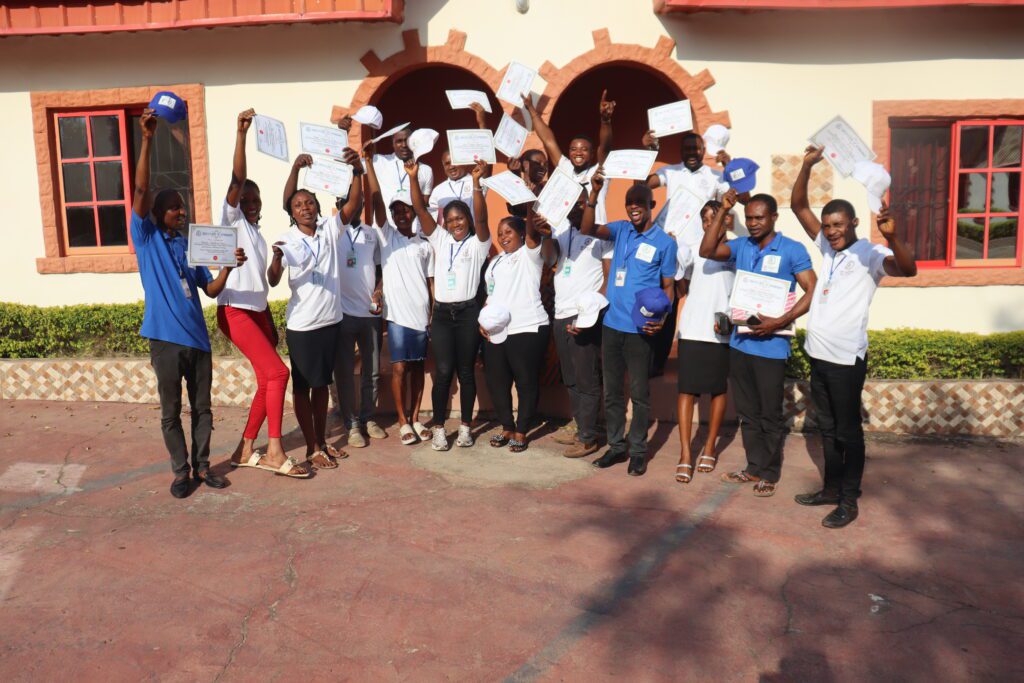

Development and Peace ― Caritas Canada aims to reinforce unity among civil society organizations. To that end, we will encourage identification of common political agendas, and provide technical and financial support to local organizations planning joint strategic actions in the short, middle and long term.
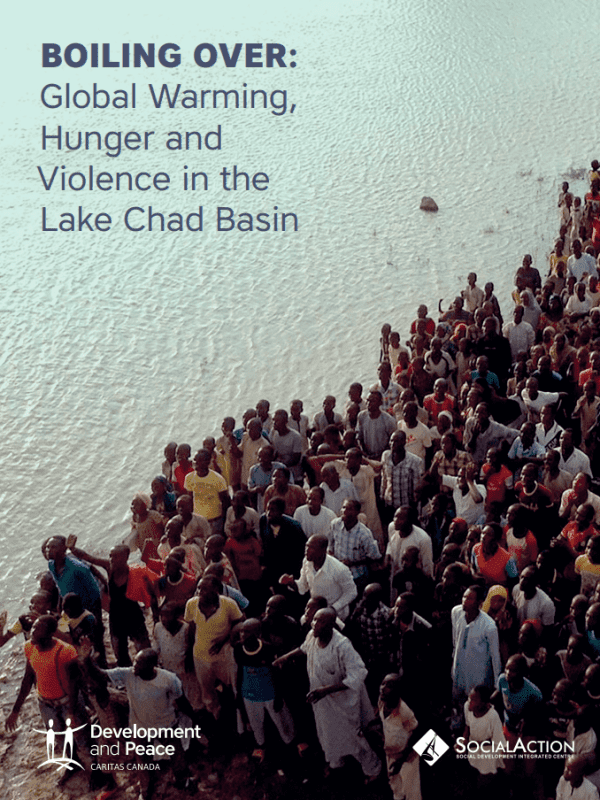

This report offers an overview of the conflict and socioeconomic turmoil in the Lake Chad basin. Through the insights of displaced persons, local activists, journalists, academics and government officials, it analyses causal and contributory factors, including climate change and explores potential solutions.
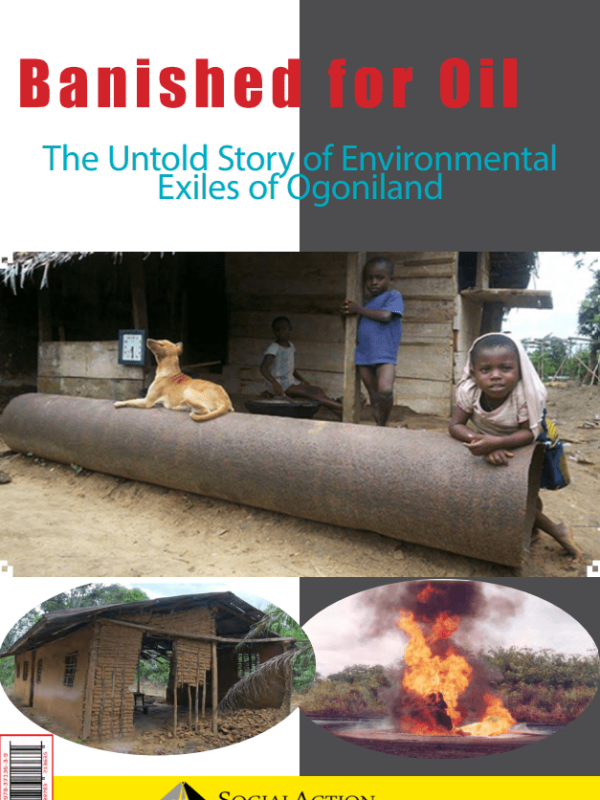

"Banished for Oil: The Untold Stories of Environmental Exiles of Ogoniland”, is a new report published by Social Action, a Development and Peace partner in Nigeria, exposes the ongoing displacement and forced migration resulting from oil pollution in Ogoniland.
About us
Our work
Get involved
Ways to give
Resources
Get in touch
555 René-Lévesque Blvd. West, 8th Floor
Montreal (Quebec) Canada H2Z 1B1
Phone: 514-257-8711
Toll-free: 1-888-234-8533
Fax: 514-257-8497
Email: info@devp.org
Charity number: 1 1882 9902 RR 0001


Our international cooperation program is carried out in part with the financial support of the Government of Canada acting through Global Affairs Canada.
Development and Peace — Caritas Canada is the official international solidarity organization of the Catholic Church in Canada and the Canadian member of Caritas Internationalis.
Copyrights © 2024
Don’t miss anything about the work of our international partners or our awareness and mobilization campaigns.
Sign up now for our newsletter.